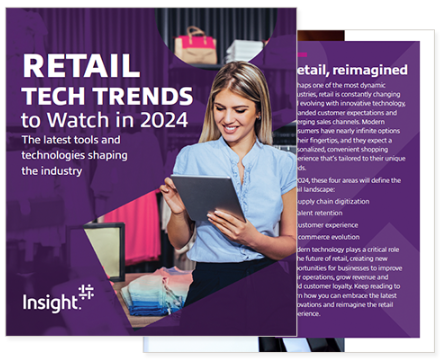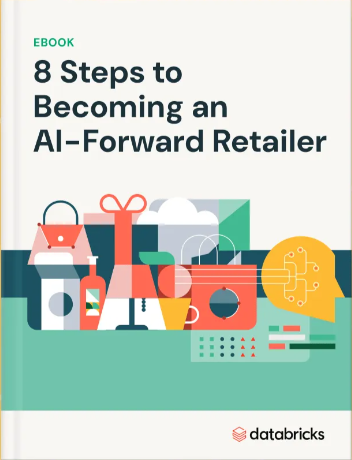To be competitive today, retailers need to respond to their customers like never before while avoiding waste and inefficiency in their operations. You can get the data there, but it takes some serious insight to understand the volume.
What is AI?
According to Tech Radar, AI is “an overarching term for machines that can perform tasks that require human intelligence, such as talking to humans and interpreting language.” In simple terms, it allows a machine to learn from its experiences and internal logic, and it applies that learning when it perceives something as “interesting” or “unexpected.” All it takes is the ability to train a machine, so it learns on its own what it’s looking for. In the case of AI and machine learning, this is done in the form of software that takes in lots of data in order to build what we call a neural network — basically, a model of your data. The result of this, when used in a specific fashion, is a machine that can simulate complex tasks using millions of lines of code.
AI in Retail
But for now, retailers are stuck without a clear strategy for implementing the right AI in retail. AI alone isn’t enough — its power can only be unleashed if it’s used for the right kind of strategic purpose. Customer-specific and context-aware applications make up only a fraction of today’s AI applications. The greater potential lies in the potential for data-powered AI to transform everyday operations. Retail is no exception. This is where Amazon can make a difference: with its amoeba strategy, it is able to weave in multiple emerging technologies into a single cohesive platform. This allows it to leverage machine learning and artificial intelligence, which make up a large portion of its AI applications.
How AI Can Help Retailers
Artificial Intelligence can be used in several ways, with more choices available today than ever. Tools like machine learning, robotic process automation, and deep learning can help improve almost any retail store process. In fact, the technologies have already touched many of the large retail players across North America. But here are five key ways artificial intelligence can help: Groom Your Data. Retailers need as much data as possible to make informed business decisions. In many industries, retail can be considered the Wild West in terms of data use and privacy, so the demand for data is always a growing concern. As a result, businesses are becoming increasingly savvy about their data use.
Conclusion
Despite the headline-grabbing statistics and impressive innovations, there’s one challenge facing retailers that have always been true: it’s difficult to stay ahead of competitors if you don’t have a strong understanding of your customers. If you’re trying to figure out how to work with AI in your retail operations, consider the strategies you’re using to gain insights and improve your own store.











